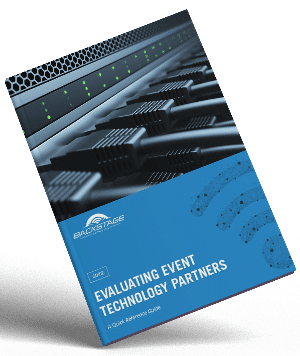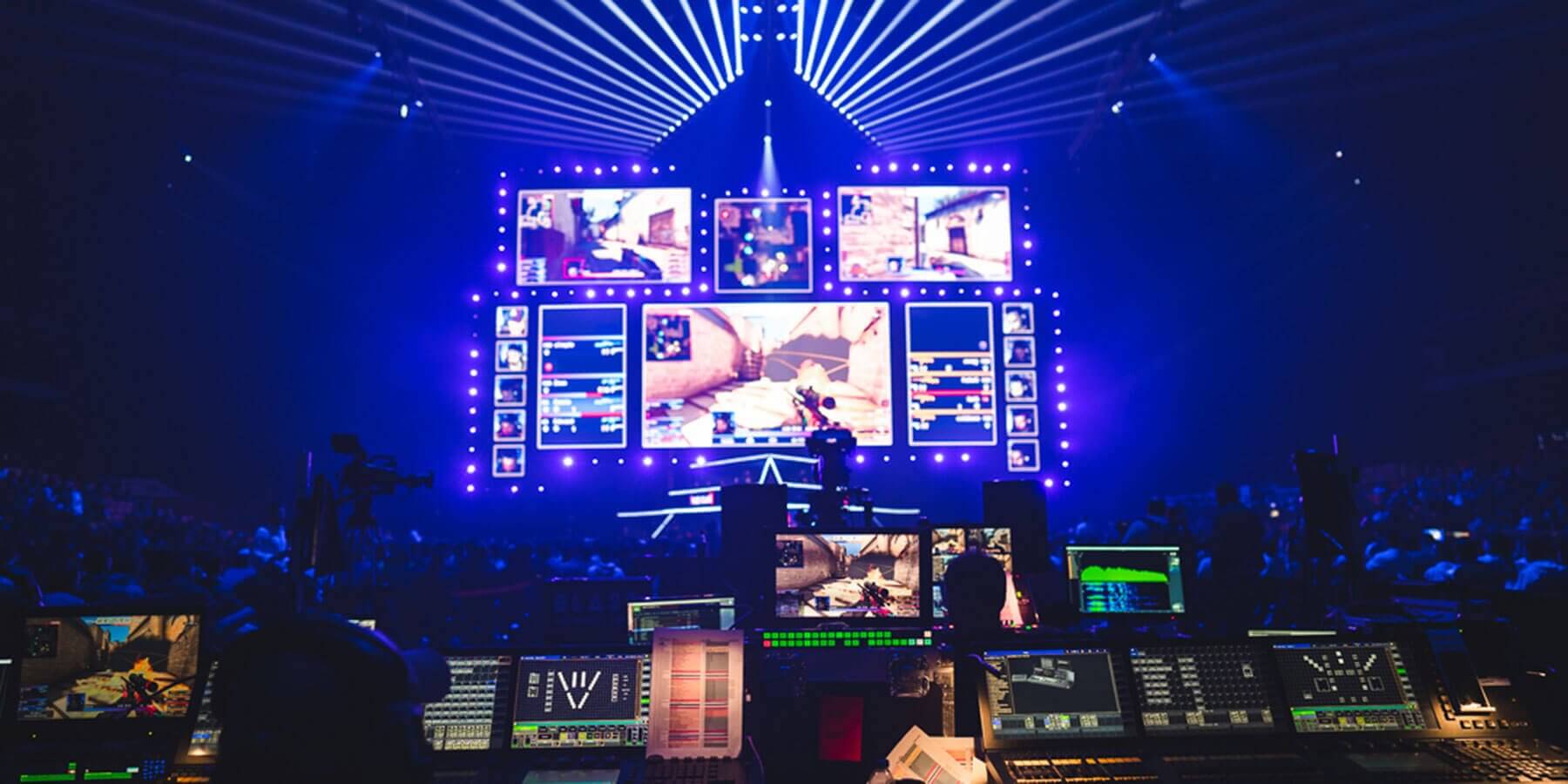When planning temporary internet connectivity for a big event, it can be tempting to go all out on bandwidth because you figure too much is better than not enough. Fortunately, it’s possible to get a right-sized internet solution that avoids the excess costs and work associated with internet overload.
Event planners often want to overdo the bandwidth for events like corporate conferences, eSports competitions, and livestreams and broadcasts. If you’re planning a major event, these are some key considerations around temporary internet connectivity.
Avoiding Internet Overload at Events
How much bandwidth will you need? Planning for your event’s temporary internet bandwidth will help you ensure that you install the right amount of internet for your event.
Sometimes customers will ask for 1 Gbps (gigabit per second) of symmetrical (equal upload and download speeds) internet transport without considering the data payloads for all of the applications supported on the network. A managed network service provider can help you determine the right amount for your specific event.. For example, registration software, ticket/rfid scanning and point of sale (PoS) processing normally have a low data payload or consume very little bandwidth resources. Additionally, your network service provider should also be able to allocate and prioritize network resources and priorities for applications ranging from non-critical to critical.
Minimizing Your Internet Costs
Many event venues like hotels and convention centers are equipped with pre-existing internet, but charge a premium for basic internet supplied by their incumbent I.T. provider.
In fact, some mark up their costs by tens of thousands of dollars, so it pays to talk to temporary network providers. You’ll likely find not only lower rates, but also service that is equal or better. And, the sooner you engage a temporary event internet provider, the better your options.
Providing Redundancy and Resilience
With temporary bandwidth for a major event, it can be risky to depend on a single carrier. Typically, your internet handoff will traverse a local switched network that is also used for venue LAN services and those network resources are shared with multiple customers and events. This can also result in additional risk by multiple single points of failure from your handoff to the network ISP edge. By using two separate ISP carriers with diverse Layer 1 paths and removing the shared switched venue infrastructure, will eliminate most outage risks completely. This kind of network resiliency is what will ensure continuity when faced with disruption, and a qualified provider will be able to identify and deliver redundant service with different levels of resilience.
Optionally, if the internet transport must be sourced from the incumbent I.T. provider, talk to your managed network partner about working directly with the venue provider to help dissect your technical and business requirements. This helps ensure you are getting exactly what is required for your event, with the best possible cost structure as well as ongoing support throughout the event. Additionally, your managed network partner can directly interface with the incumbent provider, leading your technical project management efforts from pre- to post-event.
Unlike incumbent venue I.T. providers, your managed network partner can also provide network services, including enhanced network security, real-time monitoring, and distributed denial-of-service (DDoS) protection.
How the Backstage Networks Process Helps
Backstage Networks has partnerships with all major internet carriers, allowing us to deliver scalable temporary service across all markets from 100Mbps to 10Gbps. Our team of event internet providers will help you examine application, technical and business requirements to determine the best bandwidth and internet transport solutions for your event.
We start by asking questions about the event, including:
- How many production and staff users and devices?
- Will there be WiFi access for attendees?
- How many attendees do you expect each day in various event service areas?
- What kind of network services are required for exhibitor halls and spaces?
- What kinds of applications will require network access? (e.g., registration, scanning, PoS, digital signage & wayfinding, CCTV, training systems, keynote demos, and event apps.)
- Will there be livestreaming? (How many concurrent streams? What bitrate? Which codecs?)
- Will there be major daily/nightly data uploads?
Our experts will help determine your event technology requirements based on your answers and by considering details like required circuit sizing, existing Tier 1 carrier transport options, and your budget. Depending on your event details and budget, we can provide flexible bandwidth solutions and limit resources for certain applications to minimize congestion.
After the consultation, our experts give you a bandwidth recommendation, options, and cost estimates.
Don’t Overpay for Event Bandwidth
If your current temporary internet provider hasn’t been proactive about talking through your bandwidth needs with you, consider getting some new quotes. You may be paying for more than you need.
For a free Backstage Networks consultation on your next event, talk to one of our network experts.





